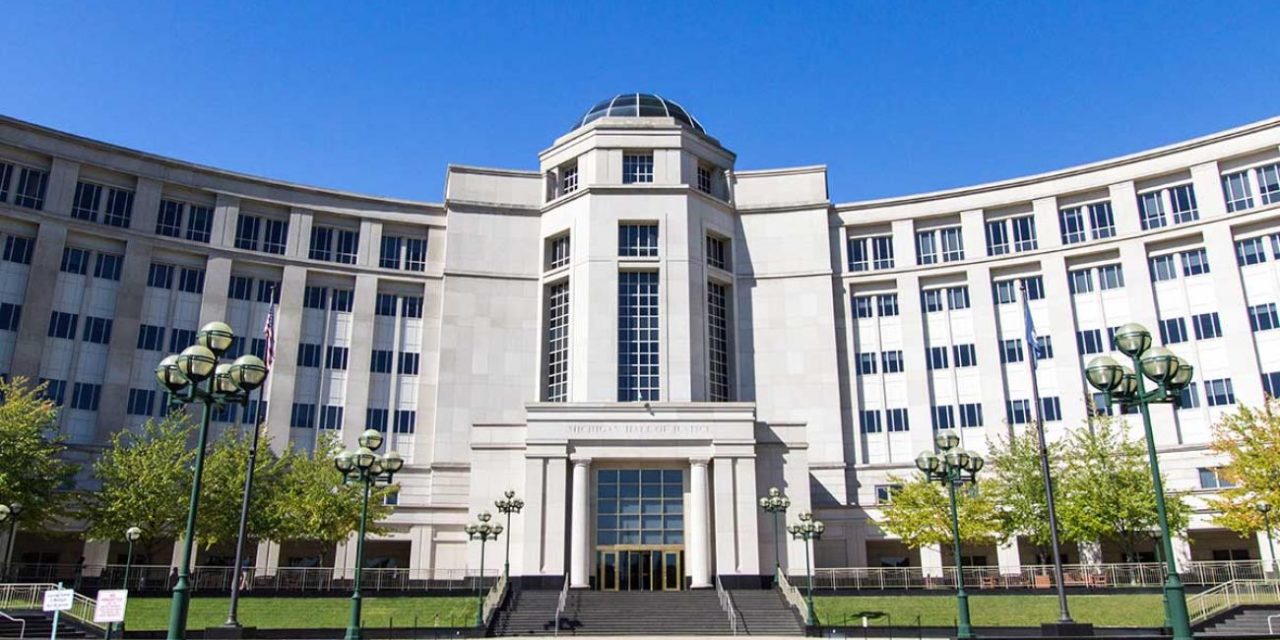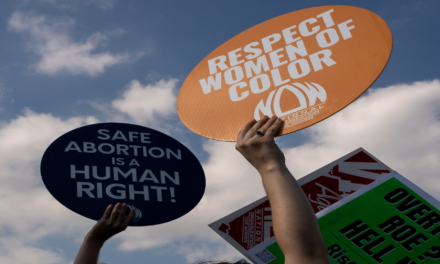By Sergio
LANSING—The Michigan Supreme Court ruled Monday that the state’s redistricting panel violated the state Constitution when it met behind closed doors to discuss secret memos used to draw the state’s new political boundaries.
The Court ordered the Michigan Independent Citizens Redistricting Commission to immediately release a recording of the Oct. 27 private meeting to Bridge Michigan and other news organizations that sued to make the secret hearing public. The court also ordered the panel to allow the public to see seven of 10 memos the commission’s attorneys had said were protected from disclosure under attorney-client privilege.
Several hours after the ruling, the commission released the memos around 11:30 p.m. Bridge Michigan will report on their details on Tuesday.
The opinion was issued in a lawsuit brought earlier this month by Bridge, The Detroit News, Detroit Free Press and the Michigan Press Association, a media trade group, against the Redistricting Commission over the disclosure of the materials.
In ruling for the media groups, the high court noted that legal advice that might otherwise be shielded in disputes involving private parties was less likely to be protected under the facts of this case: involving a public commission whose very purpose is to design political maps that conform to legal requirements.
“Because the October 27 meeting at issue concerned the adoption of the plans (for proposed maps) and not any pending litigation, the subject of the meeting constituted the commission’s business and therefore had to be conducted in an open session,” Justice David Viviano, joined by justices Brian Zahra, Richard Bernstein, and Elizabeth Clement, wrote.
Sponsor
The Court said the commission’s decision to meet in secret and withhold some legal memos from public disclosure violated the state Constitution, which says all of the commission’s work “shall” be conducted in public.
“The voters in 2018 changed the process for redistricting in Michigan. In doing so, they established numerous safeguards to ensure that the new process would be transparent,” Viviano wrote.
“Today, we enforce two of those provisions against the Commission’s attempt to operate outside of public view.”
Two of the memos the court ordered released Monday were titled “Voting Rights Act” and “The History of Discrimination in the State of Michigan and its Influence on Voting.” They were discussed in private as the commission heard from Black voters who questioned the panel’s decision to reduce the number of minority-majority districts in Southeast Michigan.
Minority-majority districts are districts in which minority voters make up the majority of the voters. Michigan currently has 17 state legislative minority-majority districts, but the redistricting panel has proposed reducing the number to a handful in future elections.
Edward Woods III, the spokesperson for the commission, told Bridge in an email the commission was in the process of complying with the order. He didn’t say when the documents would be made public.
Read the Full Story
Subscribe to One Detroit’s YouTube Channel & Don’t miss One Detroit Mondays and Thursdays at 7:30 p.m. on Detroit Public TV, WTVS-Channel 56.
Catch the daily conversations on our website, Facebook, Twitter @DPTVOneDetroit, and Instagram @One.Detroit
View Past Episodes >
Watch One Detroit every Monday and Thursday at 7:30 p.m. ET on Detroit Public TV on Detroit Public TV, WTVS-Channel 56.





